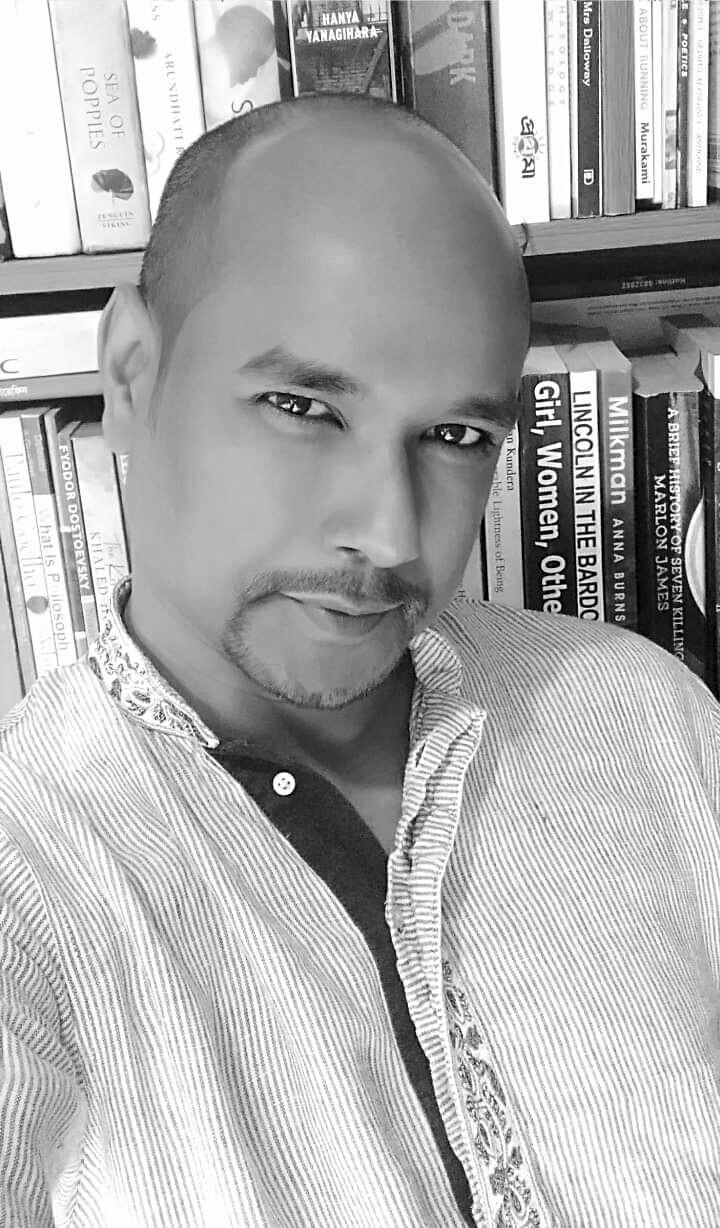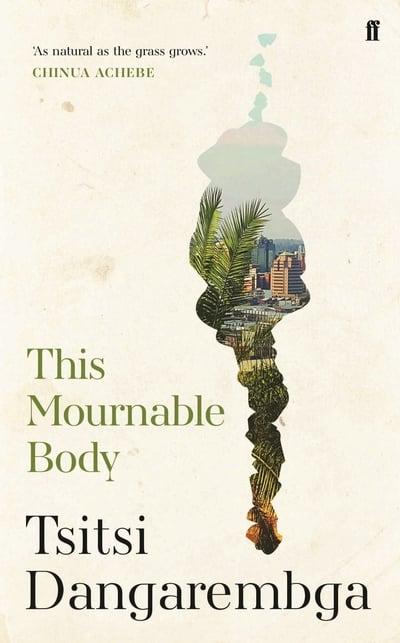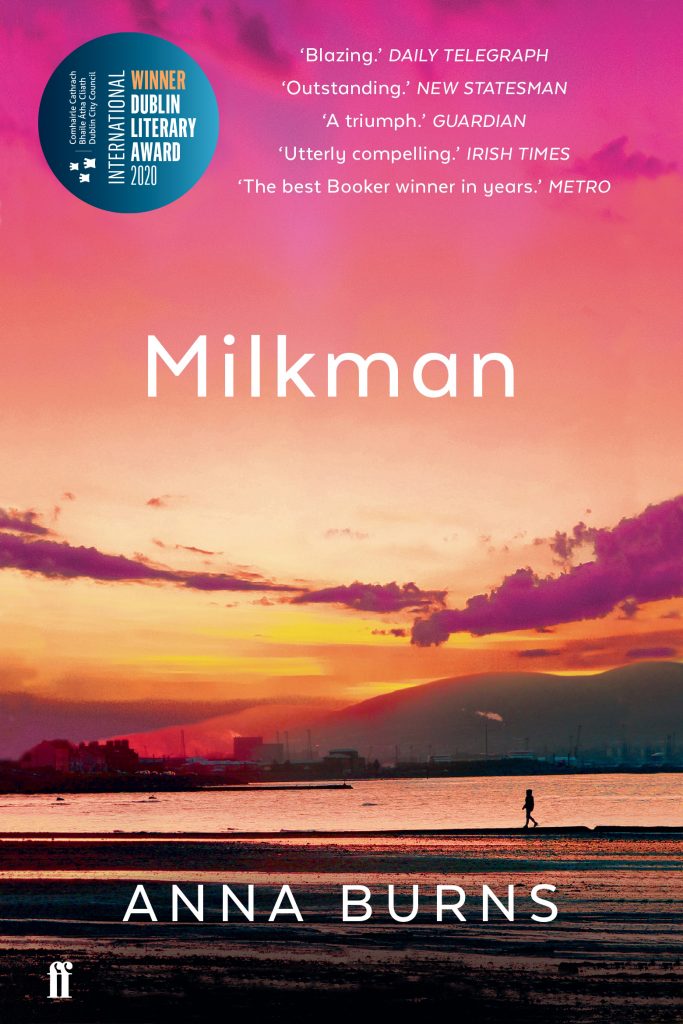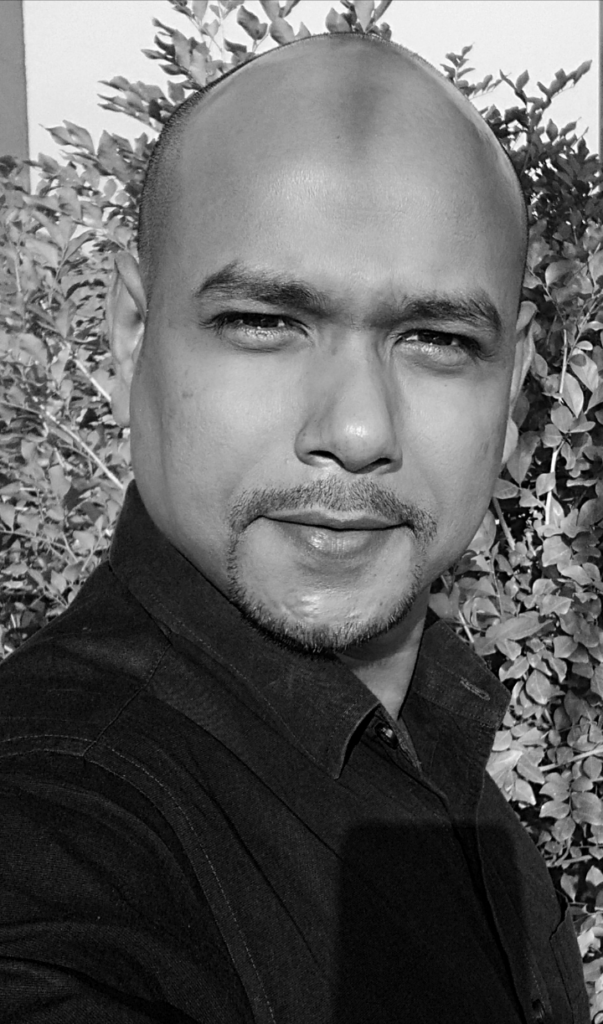There is a fish in the mirror, this very first line in the “This Mournable Body,” a novel by Tsitsi Dangarembga, distorts the reality that what you see out there, probably and/or actually, is not what it is; and opens up the truth that the “coolest cruising” of our expectations and the arrival of our promised land are always either suspended or ebbing.
This Mournable Body (Graywolf, 2018 & Faber & Faber, 2020), one of the shortlisted fiction for the 2020 Booker Prize, is the last installment of her trilogy, Nervous Conditions (1988), which was enlisted in the list of BBC’s top 100 books that shaped the world, which she wrote at the advent of Zimbabwean independence but its narrative line was set during the colonial Rhodesia in the early 1960s when the nation and the land were going through the identity crisis, a story of Zimbabwean girl’s, Tambudzai Sigauke, enlightenment with that “it’s bad enough . . . when a country gets colonized, but when the people do as well! That’s the end, really, that’s the end” and she started her struggle in pursuit of hope to liberate herself, at first, from the circle of poverty, darkness of ignorance and injustice of patriarchy; then to explore her identity as a colonized black African, in a broader sense, “the crisis of personhood” as Ms. Tsitsi Dangarembga said in an interview with Madeleine Thien, author of Do Not Say We Have Nothing.
As a very practical woman and properly conscious about the reality of the world Dangarembga had changed her territory of creative endeavor from literature – a psychologically charged and solitary work process for which she needed 400 dollar and a room of her own as Virginia Woolf prescribed – to film which requires a more physically engaged schedule, and took her eighteen years of seclusion, subsequently, to publish the second part “The Book of Not” (2006), set in the turbulent times of the Zimbabwe’s war of emancipation in the late 1970s when Tambu had gone through a feeling of indignant displeasure of the image of her sister Netsai’s dismembered leg and the encounter of uncle Babamukuru’s twinge spinal cord encamped with bullet “so to the scars of war were added the complications of Independence” in her life.
As Nervous Conditions, the title was scrounged from the preface to Frantz Fanon’s The Wretched of the Earth (1961)- a refutation of colonization and an anatomy of dehumanization – written by Jean-Paul Sartre, is an archetype of Old Colonialism, “This Mournable Body” is the kaleidoscope of New Colonialism, the title is also sprung from the essay “Unmournable Bodies” (2015), a subjective reaction to the Occidental lamentation over the slaughtered journalists of Charlie Hebdo, a satirical Parisian journal, by Teju Cole who commented in conclusion “that incontestability, that unmournability, just as much as the massacre in Paris, is the clear and present danger to our collective liberté.”
Tambu, in Nervous Condition, equated education as the emancipation from poverty but when she was in Sacred school she saw the hidden perpetrator- her blackness as a source of her wretchedness whereas, in This Mournable Body, she equates the independence or decolonization as the flowerbed of personhood but at the different stages of her career she experiences tones of “fresh humiliations” of old bondage and gets the taste of “losing hope” of new freedom as an effect she realizes that the rejection of the dignity of personhood, in the political logic, is the root of her domestication and dejection.
The novel represents the ceaseless conflict between our expectations and reality both in an individual and the national level either parallel or reciprocally. In childhood Tambu thought her high achievement lay in the sacrifice of Shona, her indigenous language, in the name of imperialist language and education would give her prosperity and lofty social status. But her education seems to be a raucous failure when she writes a letter, in chapter 6″ to her cousin Nyasha, a film maker in Germany as a fictionalization of Dangarembga’s real life, “to break away from the implacable terror of every day” in Zimbabwe and tears it up thinking that “if you cannot build a life in your own country, how will you do so in another ” and she submerged into a more screeching misery that “the vegetables become too disgusting to eat, as first cooking oil then salt fall off your shopping list… Every minute of each twenty -four hours taunts you with what you are reduced to.” Surprisingly, Tambu, in chapter 11, sets her foot on the “new realm of impossibility” when her cousin returns Zimbabwe “in spite of her degree, in Europe” radiating the failure of continental dreams with such “liminal complexity.”
Tambu used to think that breaking the colonial servitude and racial segregation would give her the possibilities to devour her personhood, however, in her antique age after leaving a stagnant job at the advertising agency and taking an unbalanced refuge, constantly in the fear of deportation, in a hostel for young women in Harare, the capital of Zimbabwe, then she rents an economical cottage “to live” from a white widow. There she comes to learn (in chapter 7) that “the moon shadows have edges sharp as knives” in a close conversion with Christine (the niece of the white widow) that the independence she had got through her “fruitless war” with “full of lairs” is shining with “false hope” as like Tambu’s “worthless education intensifying” her ludicrous miseries and distresses. In chapter 12 where Tambu hears Mainini, her war veteran aunt’s testimonies of disappointments and violence that have been popped up from colonial war and domestic riots:
“Yes, sometimes we wondered why we went to war when we came back and everyone was shocked and began to hate us. … Mainini pauses, remembering her little son whom she had left to fight in conviction that her risk was the down payment on a better life for both of them. … When the Rhodesian soldiers came, the young boy ran back to kraal… in order to prevent the Rhodesian butchering the entire herd. Instead, the soldiers drove bullets through the boy’s back… ripped his stomach open and spread his intensities on the sand that was mixed with cow dung.”
Tracey Stevenson, her previous employer, appoints Tambu in her ecotourism enterprise named Green Jacaranda Getaway Safaris in the farmland targeting the European audiences and prospects. In the thriving time of their tourism venture, then President Robert Mugabe’s “government at independence transformed much of the settlement into a home-ownership area” and “the trouble with the inheritance laws in the country” pushes them to find a new spot in the Tambu’s homestead and again she hears a hyena’s laughing sound of the downfall of her economic security and mental discomfort in her head on; and the narrator says to Tambu: “The tourist brochures you composed said your country’s village women rub their cow pat floors until they shine like the cement floor. The brochure lied. There are no shines in your memory. Your mother’s floors are never shown with anything. Nothing ever glittered or sparkled.” These lines utterly open up the very naked lies of history that the liberators assured her the Promised Land but Tambu feels there is no true freedom she ever gets, only she has just transferred from colonial captivity to democratic domestication.
This “uneasy conscience,” Sartre commented in the preface, in “the system which depends on overexploitation, as you know, would be ruined.” You will see the similar kind of reverse colonization or the revenge of the past in J. M. Coetzee’s Disgrace in the post-apartheid South Africa. Who to blame elite settlers or “colonized minds?” The undisputable answer is not near to get.
Tambu falls into the crisis of personhood, as like an assessment test, in the chapter 8 & 9, she becomes the person she was not and “exhaustion propels [her] over the border of the wakefulness into a sleep from which [she] half hope [she] will not wake.” She feels an agony at her biology class at A level towards the older students who “were toddlers at independence” but have the privileges of manicures at the luxurious saloons and this tardiness make her to punish immorally and almost kills Elizabeth and she falls into a mental breakdown. At the clinic she expresses her embarrassment to Dr. Winton said: “I don’t have the things that make me better. I want to be better. I want the things that make me.” In an “anguished composition” of shame and sorrow Tambu feels a “weakness of contrition,” consequently, to deplete her tormentation, she seeks retribution from Elizabeth’s family by paying her medical bill to recover in chapter 17. But shockingly in chapter 18, Tambu deceives her sense of personhood spending all the savings for Elizabeth to her long cherished manicures and pedicures, to the cinema complex on Robert Mugabe Avenue, for enjoying the weekends in Harare Gardens and for “occult and spiritual divining” at Queen Victoria library. The reader will taste another intense degree of downslide of Tambu’s morality in chapter 19 where she makes a transaction with her mother by promising a leg for Netsai, her sister, “as a kind of barter for the programme” of the finest organic tourism spot for the Westerns as if Tambu “bloated tongues spill onto the earth” where her “umbilical cord is buried.”
From the ebbing, the first part, to the arrival, the last part, most of the pronounced characters either young/old, black/white or central/peripheral are women and their contributions to creating and developing a nation and branding and uplifting the spirits of the traditions and cultures of a country which are very much unique in recent literary landscapes. Dangarembga shows us how Zimbabwean war-women like Christine, Netsai and Mailini have been bearing all the sufferings and the nightmares in their lives as the narrator says:
The women from war are like that, a new kind of being that no one knew before… it is rumored the blood stopped flowing to their wombs the first time they killed a person. … so that the ancestors tied up the nation’s prosperity in repugnance at the awfulness of it, just they had done to the women’s wombs.”
As like the representation of the spirit of Zimbabwean women, as Tambu boastfully says, they “shriek with grief and throw themselves around. They go to war. They drug patients in order to go ahead.” The reader will gradually come to feel the psychological tenacity a woman can go through in a life. To visualize these coarse episodes of women psyche, Dangaremga flares up some motifs of an army of crawling and creeping ants and spiders over her neck and across her skull; a growling and laughing hyena into her head and her flowing womb down her hip bones.
This Mournable Body was a title of a fiction until 28th of July 2020 but it is not a fiction anymore after 31st of July 2020 the day she has been arrested by Zimbabwean security forces only because she has violated the law against anti-corruption demonstration in protest of detainment of the Zimbabwean journalists who are reporting, gathering and protesting the President Emmerson Mnangagwa’s government policies that pushing the fledgling country in the full destitution; and the authority has called the demonstration a ‘planned insurrection.’ The novel is real now like her own life when she has, on the same day, tweeted: “Friends, here is a principle. If you want your suffering to end, you have to act. Action comes from hope. This the principle of faith and action.” And the tweet notifies us that literature is a political act itself as well as an artful product; and journalism is not a crime. The trilogy is a perfect blending of facts and fiction, Dangarembga has been carrying Tambu on her shoulder for thirty years, correspondingly, Tambu has been growing with her woes in pace with Zimbabwe’s cry of despair. Moreover, the narrative view of the second person merges the characters and readers with such a dexterity that will push you to feel as if it is your own private story. This Mournable Body is a phenomenal tour de force of human freedom and dignity, of women solidarity, of reality and its desperation, is a canonical and sublime knowledge of Zimbabwean history.





